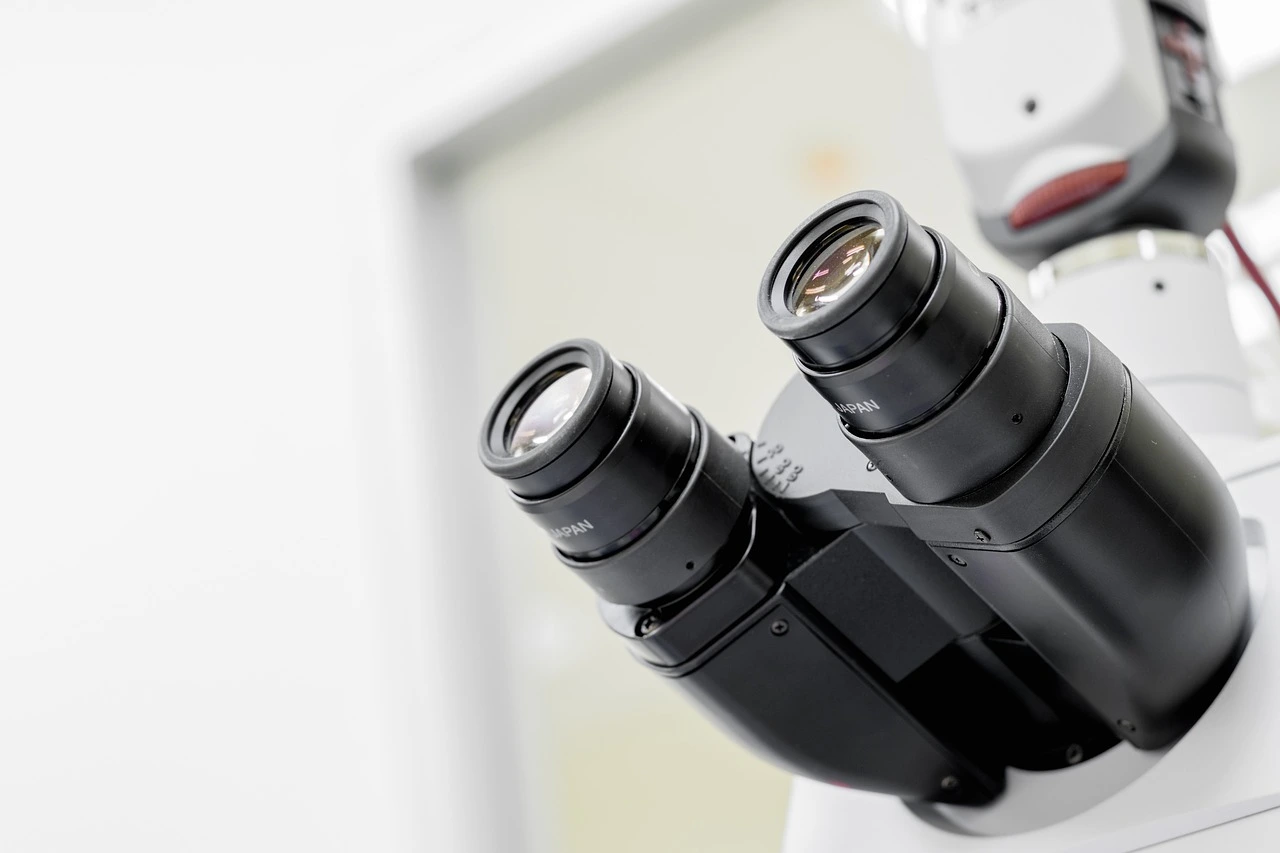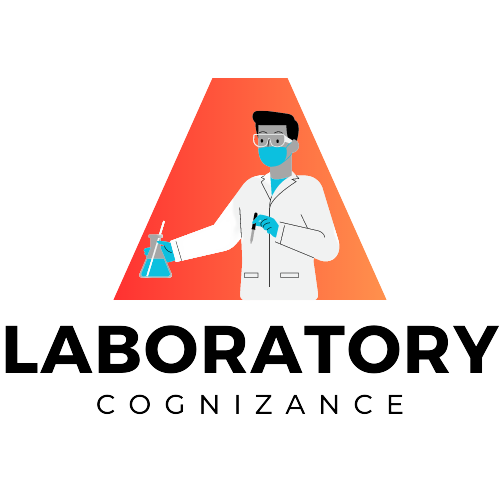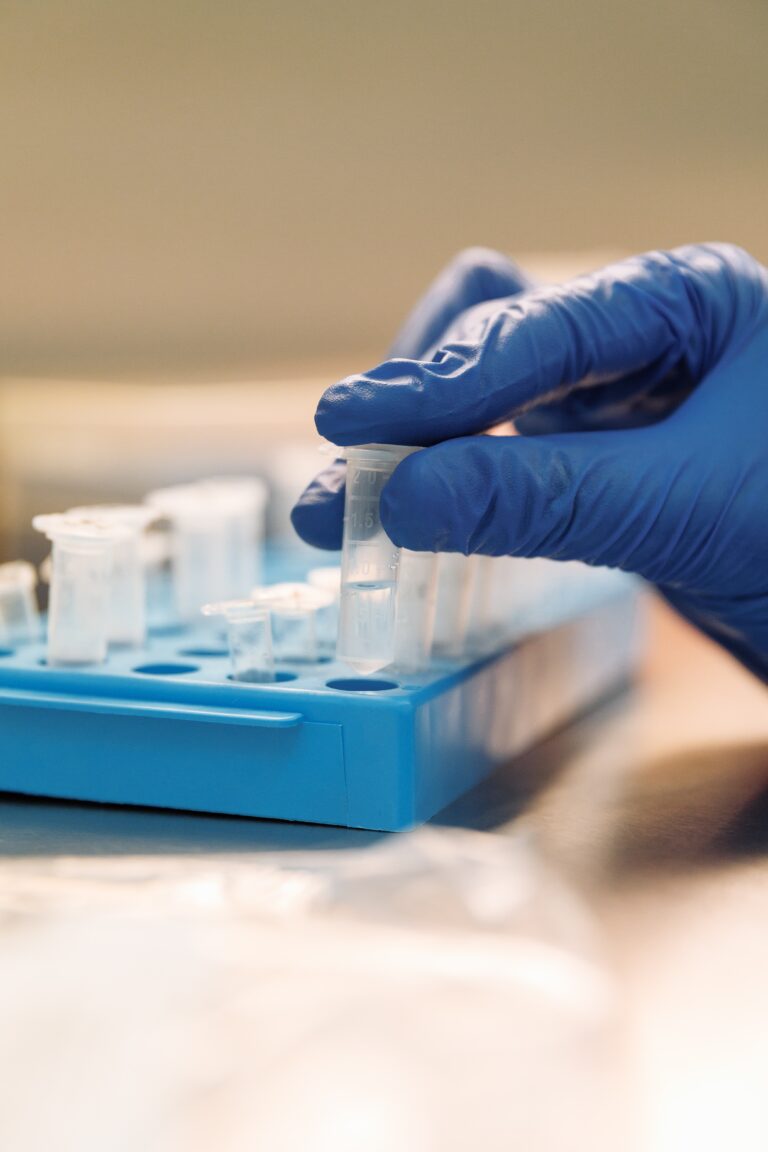Introduction
Commencing a career in the laboratory field brings about a blend of excitement & challenges. The realm of science & technology is in a perpetual state of progress, leading to a substantial demand for competent professionals. Nevertheless, it is vital to thoroughly contemplate various factors to make well-informed decisions. Within this post, we will swim into the fundamental components of job prospects, salary expectations, and requisite qualifications that significantly shape your laboratory career.

Assessing Job Prospects
Understanding the employment prospects is essential for deciding on your career choice before entering the laboratory field. You can learn a lot about the opportunities that are accessible by looking at the existing and future demands for particular roles. Numerous roles in fields like healthcare, pharmaceuticals, development and research, & environmental sciences are appropriate for laboratory experts. You can decide on your intended career route by researching market trends, new technology, and possible growth areas.

Taking salary into account plays a significant role in shaping career decisions. Factors such as education, experience, and location can impact salary variations, so it is important to have a realistic understanding of what to anticipate. The laboratory field typically offers competitive salaries, and as you gain experience & expertise, there is potential for growth in compensation. Researching industry standards & consulting reliable salary resources will help you determine average earnings for different laboratory roles. Additionally, consider the impact of industry demand & specific job requirements on salaries.

Understanding Required Qualifications
Education & qualifications are crucial factors for success in the laboratory field. Different laboratory roles may require specific educational backgrounds, certifications, or degrees. It is important to conduct thorough research to understand the necessary qualifications for your desired career path. Pursuing relevant degrees in fields such as chemistry, biology, biochemistry, or medical laboratory science is advisable. Additionally, staying updated on professional certifications or licenses that can enhance your prospects or provide a competitive edge is beneficial.

Emphasizing Skills and Specializations
Developing a strong skill set beyond formal education is essential for thriving in the laboratory field. Demonstrating technical proficiency in laboratory techniques, possessing analytical acumen, paying meticulous attention to detail, and exhibiting effective teamwork abilities are highly valued qualities. Specializing in a specific area of laboratory science, such as molecular biology, clinical chemistry, or microbiology, can present unique career opportunities to explore. Continuously updating your skills & staying informed about the latest advancements & techniques in your chosen specialization will keep you competitive.

Gaining Practical Experience
When starting out in the laboratory industry or field, practical experience is priceless. Look for entry-level jobs, research projects, or internships that provide you with practical experience in a lab. Your technical abilities will be improved by practical experience, which also gives you the chance to establish relationships with professionals while learning about how actual laboratories run. It could be a stepping stone towards obtaining future roles with greater responsibility.

Conclusion
Exploring career options in the laboratory field requires careful consideration of job prospects, salary expectations, and required qualifications. By conducting thorough research, evaluating industry trends, and understanding the demands of specific roles, you can make informed decisions aligned with your career aspirations. Prioritizing continuous learning, gaining practical experience, and developing your skills will keep you competitive in this dynamic & rewarding field. Approach your laboratory career journey with confidence, embracing the exciting opportunities that lie ahead.

FAQ
Q 1: What are the job prospects like in the laboratory field?
Answer: The job prospects in the laboratory field are generally promising. As scientific and technological advancements persist, there is a constant and increasing demand for competent laboratory professionals. Diverse sectors such as healthcare, pharmaceuticals, research and development, and environmental sciences offer abundant job opportunities to individuals who possess the requisite qualifications and skills.
Q 2: What salary can I expect in the laboratory field?
Answer: The salaries within the laboratory field can fluctuate depending on several factors, including one’s education, experience, location, and the demand within the industry. Generally, careers in the laboratory field provide competitive salaries, with the opportunity for growth as you accumulate more experience and expertise. It is recommended to research industry standards and consult reliable salary resources to get a better understanding of the average earnings for specific roles within the laboratory field.
Q 3: What qualifications are required to pursue a career in the laboratory field?
Answer: The qualifications required for a laboratory career depend on the specific role and industry. However, most laboratory positions require at least a bachelor’s degree in fields such as chemistry, biology, biochemistry, or medical laboratory science. Some roles may require advanced degrees or specialized certifications. It’s important to research the educational requirements and any additional certifications or licenses that may be necessary for your desired career path.
Q 4: What skills are important for success in the laboratory field?
Answer: The laboratory field values a range of skills. Proficiency in laboratory techniques, analytical skills, meticulous attention to detail, and effective teamwork are highly prized in the field. Additionally, strong communication abilities, problem-solving aptitude, and adaptability to evolving technologies are considered crucial. Sustained success is contingent upon continuous learning and keeping abreast of the latest advancements in one’s chosen area of specialization.
Q 5: How can I gain practical experience in the laboratory field?
Answer: Gaining practical experience is crucial for entering the laboratory field. Look for internships, research opportunities, or entry-level positions in laboratories to gain hands-on experience. These opportunities provide valuable exposure to laboratory operations, techniques, and equipment. Networking with professionals in the field and participating in scientific conferences or workshops can also help expand your practical knowledge and enhance your career prospects.

